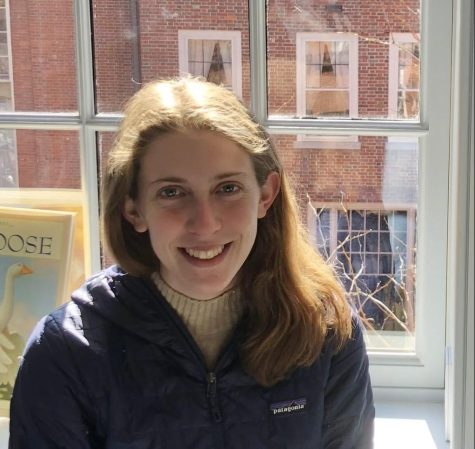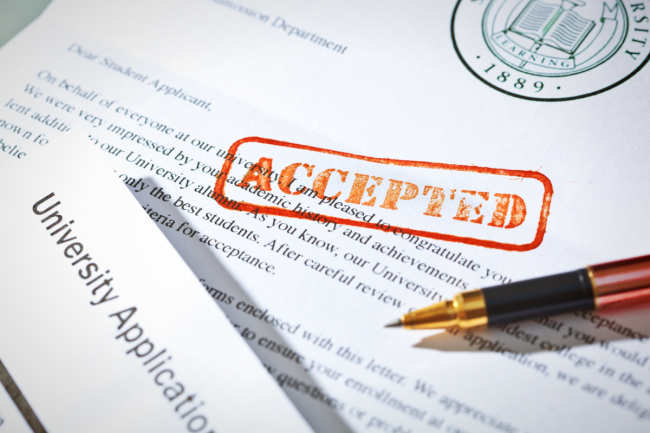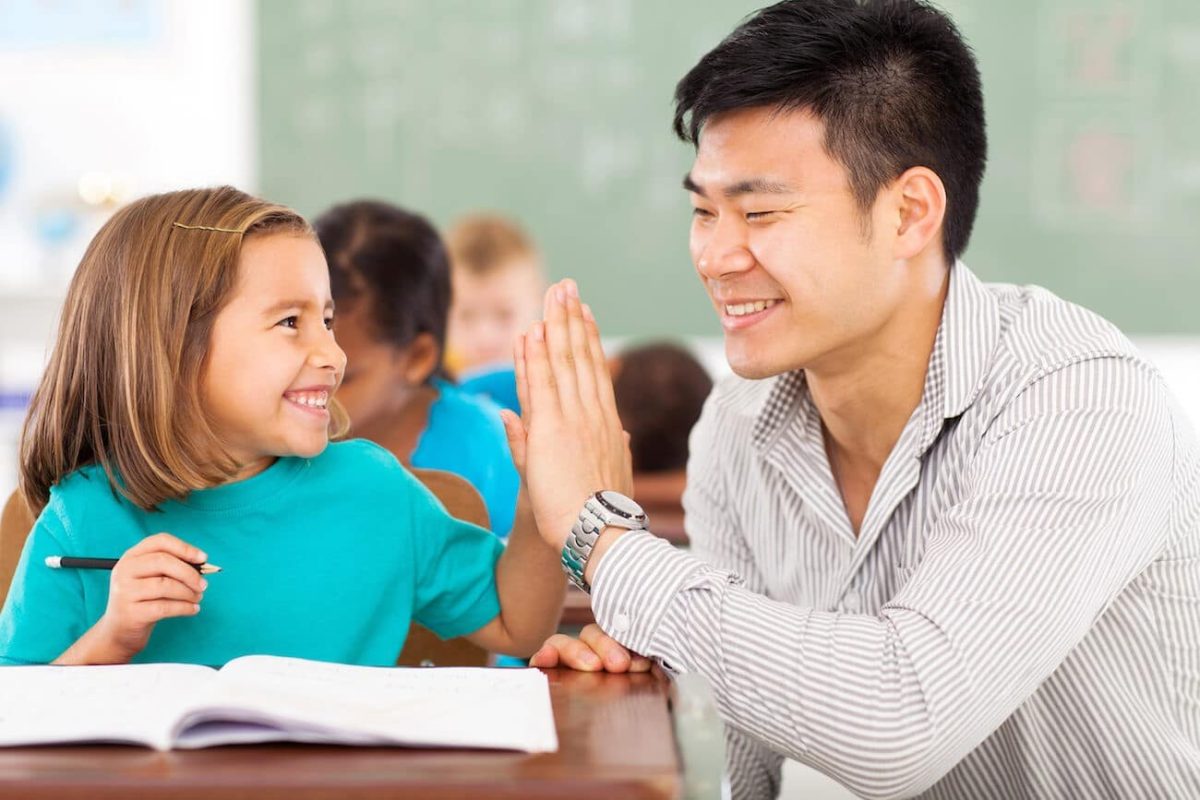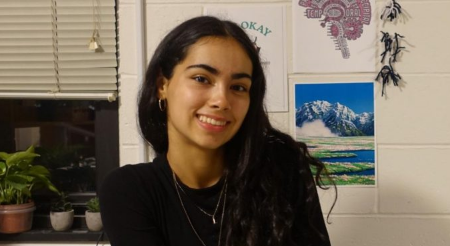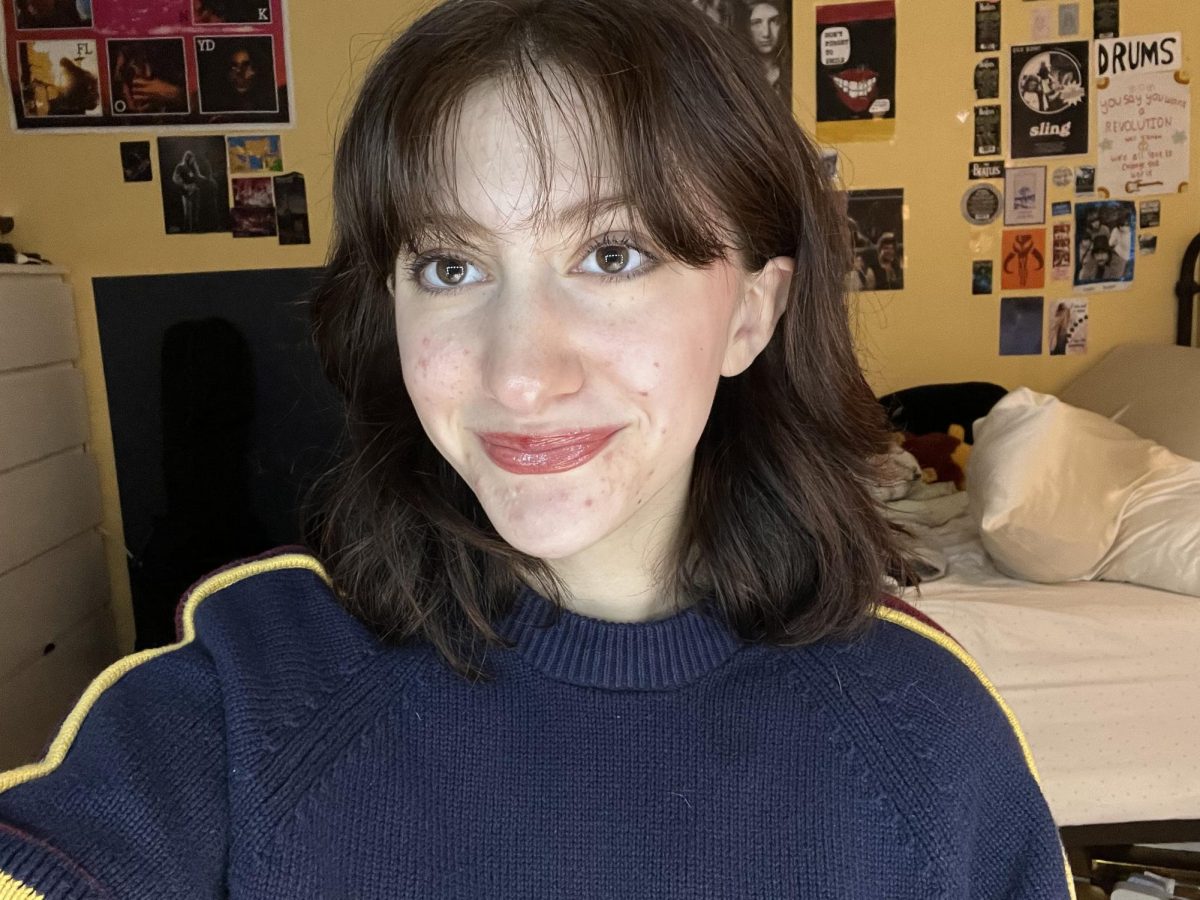The basement social hall of Christ the King Church on Pleasant Street is split in half by folding tables. Entering through the heavy wooden door, bright green signs direct you. VOTE HERE for District 9, Precinct 3. VOTE HERE for District 9, Precinct 6.
Few voters remember which precinct they’re supposed to vote in—all they know is that they come to this social hall to cast their vote. We explain that depending on your address, you’ll vote at 9-3 (by the door) or 9-6 (at the back of the room).
Elections can seem overwhelming. And one vote might not seem like it matters. But after working at the polls, I was able to see the election and the government on a more personal level, and I found meaning in helping voters throughout the day.
I spent 10 hours in that basement social hall. Last year, I participated in Worcester’s Civics Rising program over April break, which involved working the polls the following year—I had worked in the November elections, too.
Throughout the day, I worked alongside a variety of other poll workers. Some were retired—others still had jobs. During slow times throughout the day (to be honest, much of the day was slow—there were rarely more than 10 voters in the two precincts combined), they asked me about school and college, and I heard about their kids and grandkids. They talked about their jobs, the places they had traveled, and how they started working the polls—one woman told me she had heard about poll workers being attacked during the 2020 elections, and she decided she wanted to do that job, to prove that she didn’t want anything to stop the democratic process. I was impressed. And I was impressed that unlike me, these people had voluntarily taken the time to work at the polls. They wanted to spend their day this way, helping other people.
Poll workers have a number of jobs, including signing in voters on the precinct’s address book. I helped hand out ballots (red for Democratic, blue for Republican, purple for Libertarian) and direct people around the precinct if they didn’t know where to vote.
The precincts have iPads with the voter registration information of every voter in the city—name, address, date of birth, party registration. So, when people came into the social hall, confused about which precinct to vote a (either 9-3 or 9-6), I grabbed the iPad and said, “Hi! Do you know which precinct you’re voting in today?” Then I directed them to the correct sign-in table, where they could receive their ballot.
So many people came in while I was working. I saw parents in button-down shirts clutching their shy three-year-old’s hand, and I saw couples who came in to vote together, which I found touching. Neighbors ran into each other, caught each other up on the latest news. Some voters were just 18—it was their first elections—while others walked slowly with a cane and had a nurse or friend beside them.
With few exceptions, every US citizen over 18 has the right to vote. Yes, marginalized communities frequently have a more difficult time voting, whether that includes challenges to registering or language barriers. But this precinct was my thin slice of all those citizens—people from all walks of life, from all backgrounds, were coming to take part in our country. I saw police officers and firefighters and restaurant owners and teachers.
On the news, you hear about election results, speeches by candidates, little anecdotes about why people vote the way they do. But that feels very far away to me, very high-stakes.
The future of the country depends on this election, the people on the news say. But how can you visualize that? How can you process something as big as the country depending on something as sprawling as statewide or national elections?
By working at the polls, I could see it. All those people I saw, helped, and talked to—they had voted. At the end of the day, their ballots would be counted among the results for the Worcester elections.
I have no idea who they voted for. I have no idea whether I agree with them about politics, or about anything else. But that didn’t seem to matter. Everyone had just come here to vote, to be a part of our country.
Their voices were going to be heard. Their opinion was going to matter.
Interested in the Civics Rising Program?
Contact Mr. Eressy for more details: [email protected]


